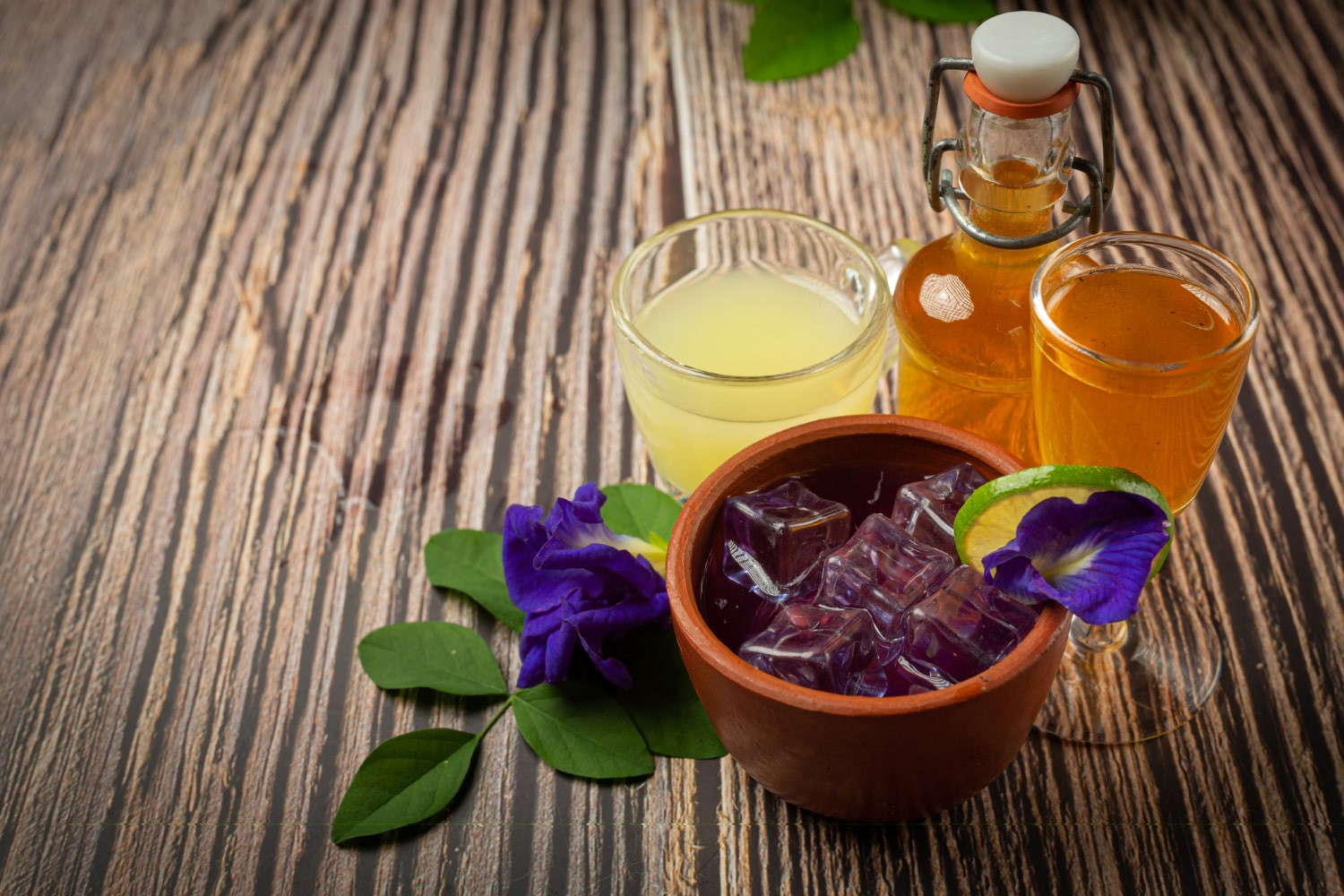Non-invasive bladder remedies can be a game changer for those dealing with urinary discomfort. If you’re tired of the constant urgency, discomfort, or those pesky nighttime trips to the bathroom, you’re not alone. Many people experience bladder issues that disrupt daily life, but the good news is that you have options.
Understanding your bladder health is crucial. Your bladder is a muscular sac that holds urine, and any disturbance can lead to a cascade of uncomfortable symptoms. Thankfully, you don’t have to undergo invasive procedures or rely solely on medications. There are effective non-invasive remedies waiting for you to discover.
Let’s dive into seven non-invasive bladder remedies you need to try now.
Contents
- 1. Hydration—The First Line of Defense
- 2. Pelvic Floor Exercises—Strengthen Your Foundation
- 3. Dietary Changes—What You Eat Matters
- 4. Herbal Remedies—Nature’s Soothing Touch
- 5. Mindfulness and Stress Reduction—Your Mental Health Matters
- 6. Acupuncture—An Ancient Solution for Modern Problems
- 7. Scheduled Bathroom Trips—Train Your Bladder
- Conclusion
- Bottom Line
- FAQ
1. Hydration—The First Line of Defense
You might think drinking less will help, but that’s a myth. Staying properly hydrated is essential for bladder health.
Why It Matters:
- Water helps dilute urine, reducing irritation.
- Staying hydrated can prevent infections.
Tips for Better Hydration:
- Aim for at least 8 glasses a day.
- Infuse your water with lemon or cucumber for a refreshing twist.
2. Pelvic Floor Exercises—Strengthen Your Foundation
Pelvic floor exercises, commonly known as Kegel exercises, can work wonders for bladder control.
Why It Matters:
- These exercises strengthen the muscles that support your bladder.
- They can help with both overactive bladder and incontinence.
How to Do Kegels:
- Identify your pelvic floor muscles (try stopping urination mid-flow).
- Contract these muscles for 5 seconds.
- Relax for 5 seconds.
- Repeat 10-15 times, three times a day.
3. Dietary Changes—What You Eat Matters
Your diet can significantly impact your bladder health. Certain foods can irritate the bladder, while others can help soothe it.
Foods to Avoid:
- Caffeine: It can increase urgency and frequency.
- Spicy foods: They may irritate the bladder lining.
- Alcohol: It can act as a diuretic.
Bladder-Friendly Foods:
- Berries: Packed with antioxidants.
- Bananas: Gentle on the stomach and bladder.
- Whole grains: Help maintain regularity.
4. Herbal Remedies—Nature’s Soothing Touch
Herbal remedies can offer gentle support for your bladder.
Popular Options:
- Cranberry: Known for preventing UTIs, cranberry juice can help maintain urinary tract health.
- Dandelion: This herb acts as a natural diuretic, promoting healthy urination.
- Pumpkin Seed Extract: Aids in bladder function and may reduce symptoms of overactive bladder.
Consult Your Healthcare Provider:
Always check with a healthcare professional before starting any herbal regimen, especially if you are on medication.
5. Mindfulness and Stress Reduction—Your Mental Health Matters
Stress can exacerbate bladder issues, so managing your mental well-being is crucial.
Why It Matters:
- Stress can lead to muscle tension, affecting bladder control.
- Mindfulness techniques can help you regain a sense of calm.
Ways to Practice Mindfulness:
- Deep breathing exercises can help you relax.
- Meditation apps like Headspace or Calm can guide you through stress-reducing practices.
- Yoga focuses on breath and relaxation, benefiting both mind and body.
6. Acupuncture—An Ancient Solution for Modern Problems
Acupuncture offers a holistic approach to bladder health. This ancient practice involves inserting thin needles into specific points on your body to promote healing.
Why It Matters:
- Studies suggest acupuncture can improve bladder function and reduce symptoms of urgency.
- It may help alleviate stress, which can reduce bladder-related issues.
Finding a Practitioner:
Look for a licensed acupuncturist who specializes in urinary issues.
7. Scheduled Bathroom Trips—Train Your Bladder
If you struggle with urgency, scheduling regular bathroom trips can help retrain your bladder.
How It Works:
- Set a timer for every 2-4 hours, depending on your comfort level.
- Gradually increase the time between trips as your bladder adjusts.
Benefits:
- Helps reduce urgency and frequency over time.
- Gives you a sense of control over your bladder habits.
Conclusion
Your bladder doesn’t have to run your life. With these non-invasive bladder remedies, you can take charge and feel better. From hydration to mindfulness, each of these strategies offers a pathway to improved bladder health.
Bottom Line
Bladder issues can be frustrating, but you have the power to make changes. Start with one or two remedies from this list and see how they work for you. Remember, every body is different, so find what resonates with you.
Don’t hesitate to reach out to your healthcare provider for guidance tailored to your specific needs. Your health is a journey—embrace it with confidence.
FAQ
What are some natural ways to prevent bladder infections?
- Staying hydrated, practicing good hygiene, and incorporating cranberry juice into your diet can help.
How often should I do Kegel exercises?
- Aim for three times a day, with 10-15 repetitions each time.
Can stress really affect my bladder?
- Yes, stress can lead to muscle tension and increased urgency, impacting bladder control.
Take the first step today. Your bladder health matters.








